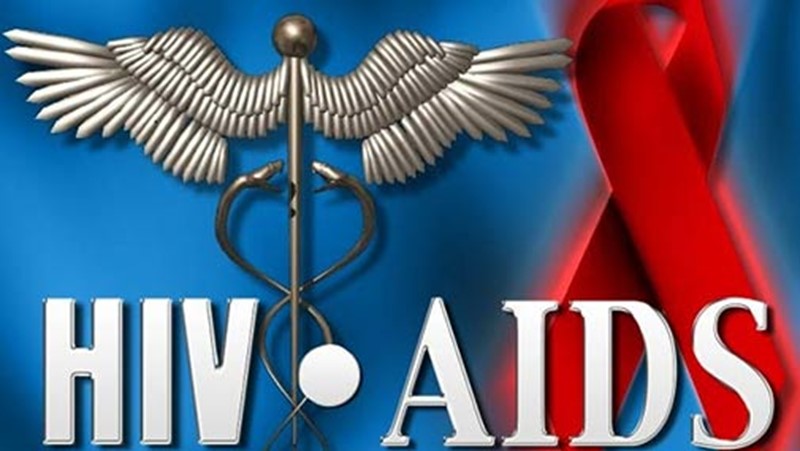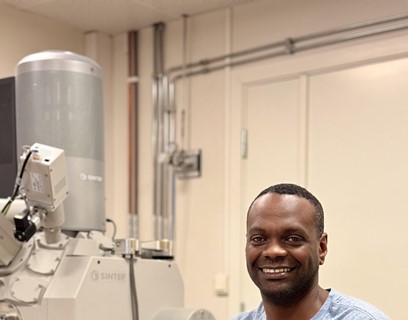
The Caribbean Consultation on Justice for All and Human Rights Agenda ended on Friday with delegates being told that it was imperative that there be “accelerated action” to deal with the stigma and discrimination in the fight against the spread of the HIV/AIDS virus.
St. Kitts-Nevis Prime Minister Dr. Denzil Douglas, who has lead responsibility for health within the quasi-Caribbean Community (CARICOM) for health, said that 10 years since the first DFID/PANCAP conference, the bottlenecks and barriers to eliminating stigma and discrimination have not been fully identified, notwithstanding the establishment of a Stigma and Discrimination Unit.
“We need results. It is time for accelerated action”, Dr. Douglas said.
The Caribbean is the second-most affected region in the world in terms of HIV prevalence, with an estimated 260,000 people living with the disease. Key populations including men who have sex with men, sex workers, people who use drugs and transgender people remain most affected by HIV in Latin America and the Caribbean.
The three-day consultative workshop was part of the PAN-Caribbean Partnership against HIV/AIDS’ (PANCAP) Justice for All and Human Rights campaign and is being held under the theme: ‘Advancing justice for all and human rights in the Caribbean’.
It was coordinated by the PANCAP Coordinating Unit in collaboration with the Joint United Nations Programme on HIV and AIDS (UNAIDS), the Jamaica government and the University of the West Indies, with funding support from the Global Fund for Tuberculosis, AIDS and Malaria (GFATM).
Justice Michael Kirby, former Chief Justice of Australia, said it was important that the meeting went beyond the drawing board to make change happen.
He identified a number of steps including basing policies on good science; reaching out to those who are most affected and at risk and speaking in their language.
“We are reaching a crucial moment in treatment; science is beginning to show that first line treatment is not as effective,” he said, calling attention to the importance of improving patent law.
He said also that the universal right to access health must be reconciled with the universal right to recognition for intellectual property.
Jamaica’s Health Minister Dr. Fenton Ferguson said there was need for a change in mindset and greater solidarity among Caribbean people to end the stigma and discrimination.
“Our culture remains one of the biggest barriers to the type of success we want, in terms of ending stigma and discrimination. Strong cultural and religious beliefs have led to the isolation of some high risk groups,” he stated.
Dr. Ferguson said these majority sentiments continue to interfere with HIV-reduction and treatment among certain groups across the region and that it would not be easy to tackle many of the deeply embedded systems that form part of the cultural and religious principles of many persons in the region,
“As leaders, we have to put aside our personal beliefs, discomfort, and prejudices. We, therefore, have to initiate frank dialogue on stigma and discrimination,” he said, adding that leaders must not shy away from the many issues confronting them, regardless of how “uncomfortable it may be for some of us”.
“HIV and AIDS cannot be about personal interest, it has to be about the greater good,” he added.


